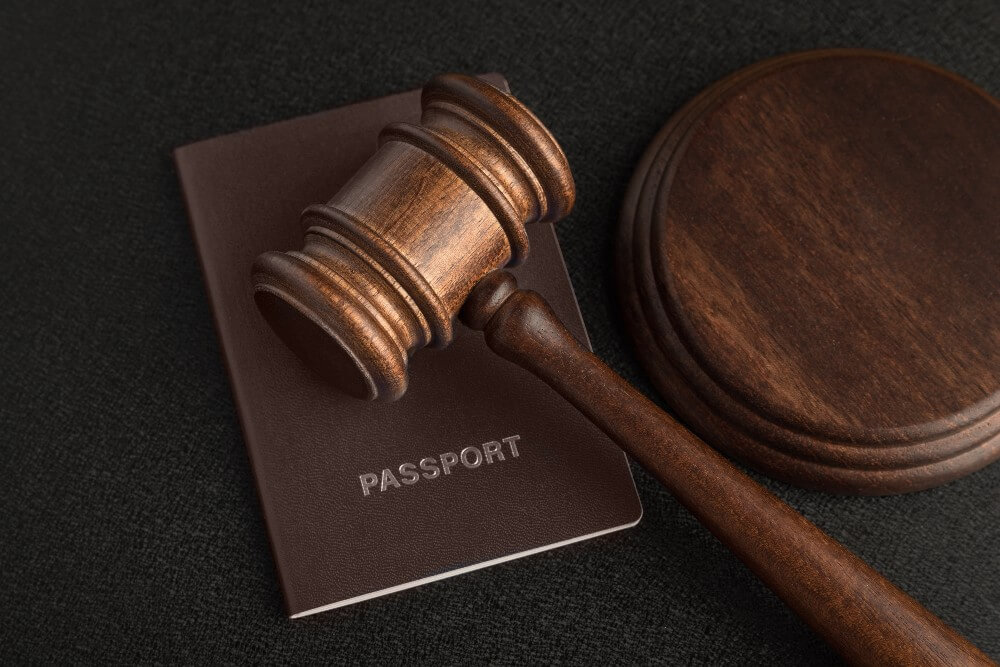What Does The Family Court Do If Assets Are Abroad?
Russian tycoon Vladimir Potanin is taking an appeal to the Supreme Court about whether the English Family Court will hear his ex-wife’s multi-million divorce claim. The Potanin divorce is one of many international divorces considered by the English Family Court. The reality is that many couples living wholly or partly in this country have international roots and assets abroad. These could be holiday homes, modest extended family property in joint names, or extensive wealth in multiple countries.
Where will the case be heard?
The first question for the court will be whether it is appropriate for the case to be heard in this country. This is the decision which Potanin is challenging in the Supreme Court. These decisions can be controversial because different countries make very different decisions about how assets should be divided. The English Family Court is generally considered to be more generous towards the financially weaker spouse, usually the wife, than other countries. Vladimir Potanin’s ex-wife had been ordered a share of Potanin’s wealth in Moscow which she did not consider enough to meet her needs. Seeking a better outcome is sometimes called ‘divorce tourism’. Arguments about whether a case should be heard can be expensive, and should be carefully considered.
What evidence will the Family Court need about foreign assets?
If the case is to be heard in this country, the court will need to consider how to move forward. On divorce, there will need to be an agreement or court order stating how assets will be divided. If there is no agreement, an application will need to be made for a court order. The court will consider what evidence is required for it to make a decision.
That evidence is likely to cover:
- What assets there are. This can be a difficult matter in itself, especially where assets are abroad. Significant money can be spent on tracing assets, but this should only be done where it is proportionate to the assets likely to be uncovered.
- What the assets are worth. There are often disputes about how much an asset, such as a property or business, is worth. This will be relevant to proportionality, meaning how much is it proportionate to spend on building evidence on the assets, in order to obtain a proportion of their value.
- How the assets can be divided. The Family Court will consider whether any order it makes concerning a foreign asset can be enforced. This means considering what steps may be taken if the order is not complied with. The Family Court may consider avoiding transferring the ownership of any foreign assets, and rather trying to offset the value of those assets by awarding the other party domestic assets of similar value.
These issues are complex and can be expensive to pursue. It is therefore crucial to obtain specialist legal advice.
Here to Help
If you need advice on any family matter, please get in touch with Kerrie Hall , Senior Solicitor specialising in Family Law.
Please note the contents of this article are given for information only and must not be relied upon. Legal advice should always be sought in relation to specific circumstances.

